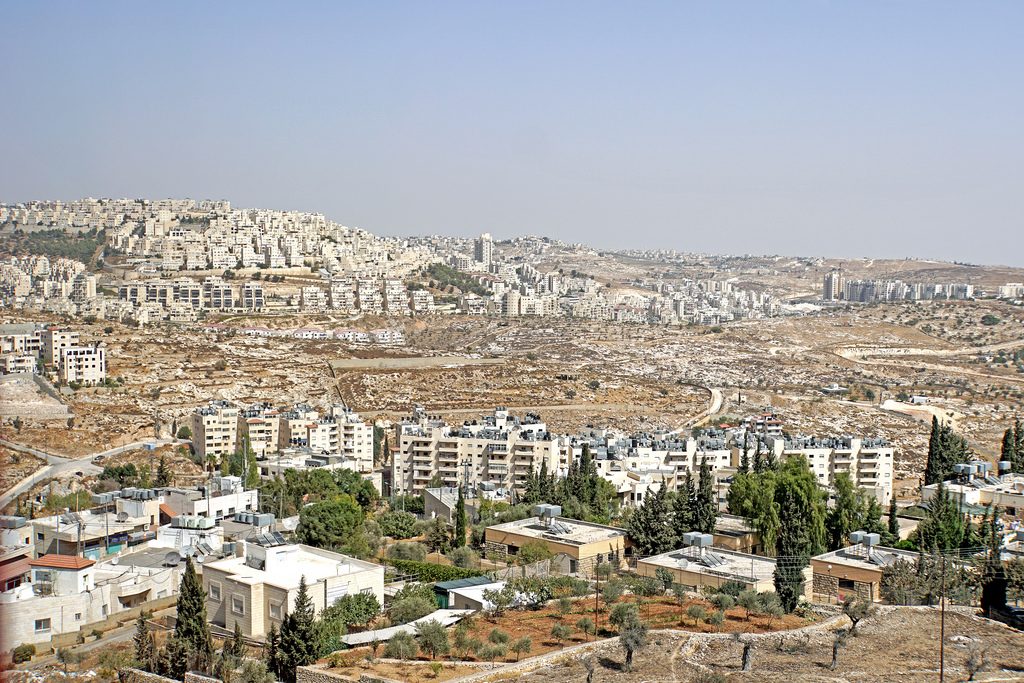- Client: Agriconsulting Europe S.A.
- Implementation period: October, 2016 - January, 2017 (Completed)
- Geographic coverage: Palestine
- Theme: Climate Change
- Topic: Adaptation and Resilience, Climate Change Policy and Strategy, Climate Finance
- Experts: Laura Baroni
What are the economic impacts of climate change on the Palestinian economy?
This assignment was a deliverable of national activities implemented in Palestine within the framework of the ClimaSouth Project. The overall objective of ClimaSouth was to assist partner countries’ transition towards low-carbon economies whilst building climate resilience, thereby protecting the foundation and exploiting opportunities for economic development and employment in the region. This was pursued by strengthening the capacity of policy makers to engage effectively in the global climate change framework in line with the needs of the region, and by enhancing the institutional capacity for strategic planning in the areas of climate-change mitigation, adaptation and financing mechanisms. Within the overall ClimaSouth framework, national activities play a central role in facilitating bottom-up approaches in sharing knowledge and assistance in priority sectors affected by the impact of climate change. Against this backdrop, this study on the economic impacts of climate change in Palestine has been prepared.
The study focused on three sectors selected on the basis of their importance to the Palestinian economy and their vulnerability to climate change: agriculture, water and the agri-food sector. These sectors were selected due to their importance for the Palestinian economy and their vulnerability to climate change. Agriculture makes a significant contribution to GDP, employment, exports and food security, while being particularly sensitive to the effects of rising temperatures, reduced precipitation and extreme weather events. Water is already under significant pressure in Palestine and negative impacts on this resource have knock-on implications on a range of other sectors, including agri-food and food security. The study’s objectives were to: (a) conduct a qualitative assessment of the economic impacts of climate change in Palestine in three inter-related sectors: agriculture, water and the agri-food sector; (b) analyse the state of play in regards to the assessment of costs and benefits of adaptation options, and identify data gaps and research needs; and (c) formulate recommendations for further research on the economic impacts of climate change in the three sectors and the assessment of adaptation costs and benefits.
The project is conducted by Trinomics in collaboration with Agriconsulting Europe S.A. (lead) and Climatekos and was implemented between October 2016 and January 2017.

The key findings of the study are:
- Although significant uncertainties about the precise impacts of climate change in Palestine remain given the lack of climate projections based on downscaling to the national and local levels, as well as the limited information on the economic impacts of climate change in the country, climate change is expected to negatively impact the three studied sectors.
- The total costs of implementing the agriculture, water and food-related adaptation options proposed for Palestine have been estimated at over USD 3 billion in the National Adaptation Plan, respectively USD 1.66 billion in the West Bank and USD 1.38 billion in the Gaza strip.
- The key recommendations put forward in the study include the downscaling of global and regional climate models, conducting detailed climate risk and economic impact assessments to sustain investment decisions, mobilize private capital and engage the private sector in climate action.